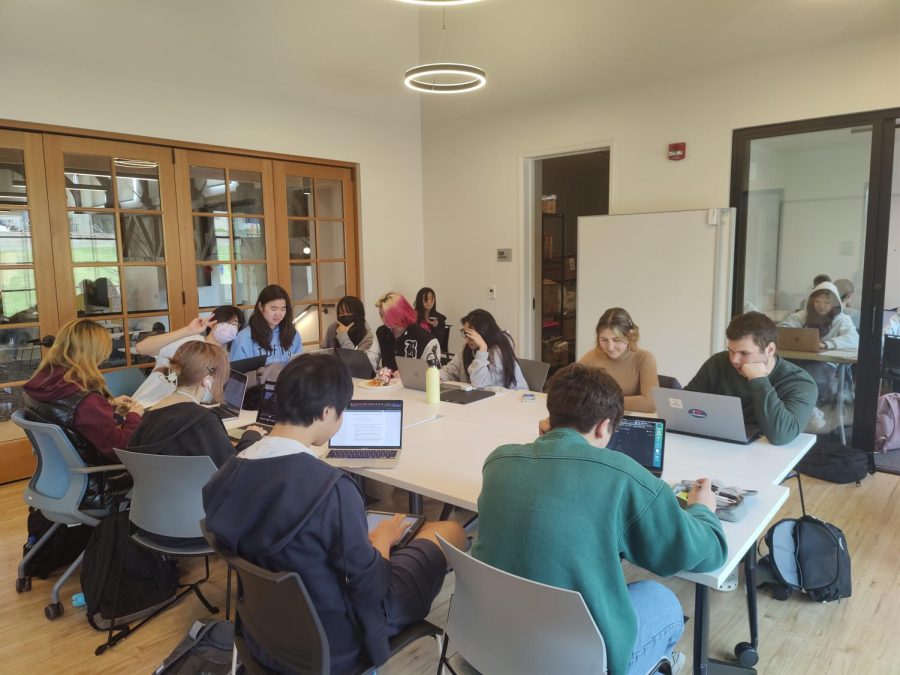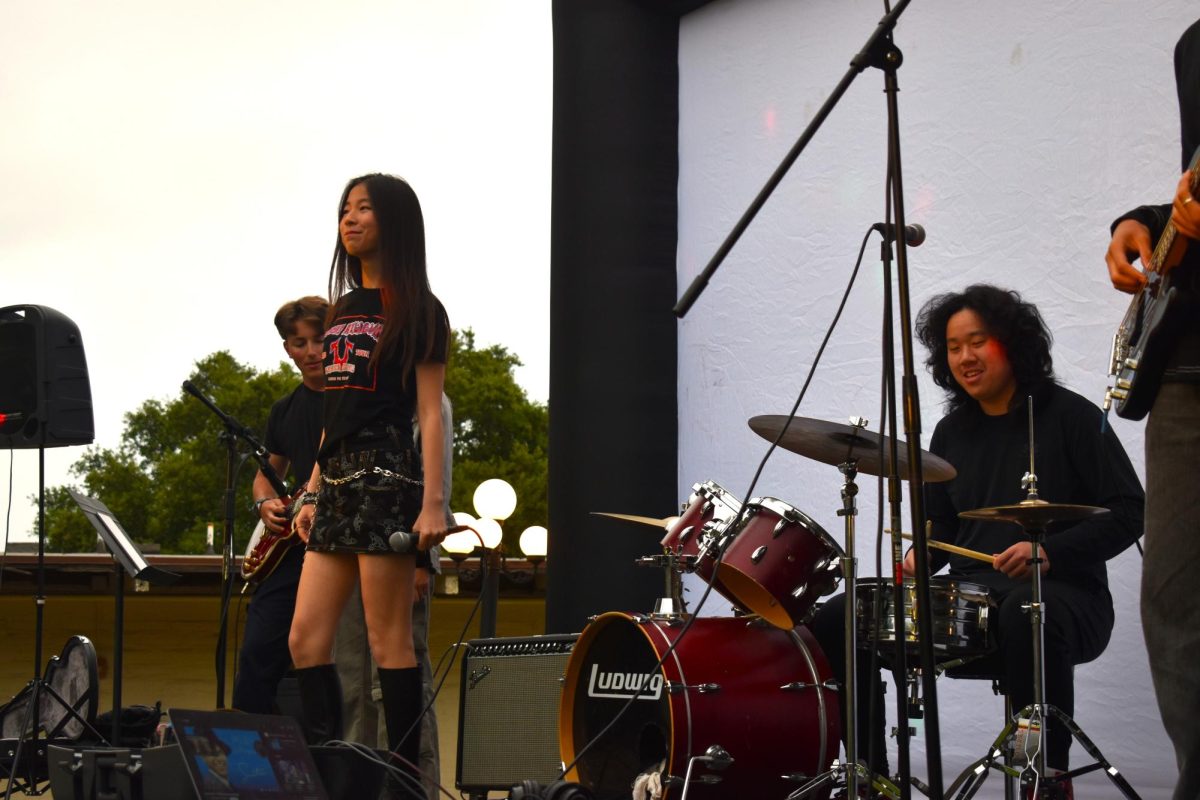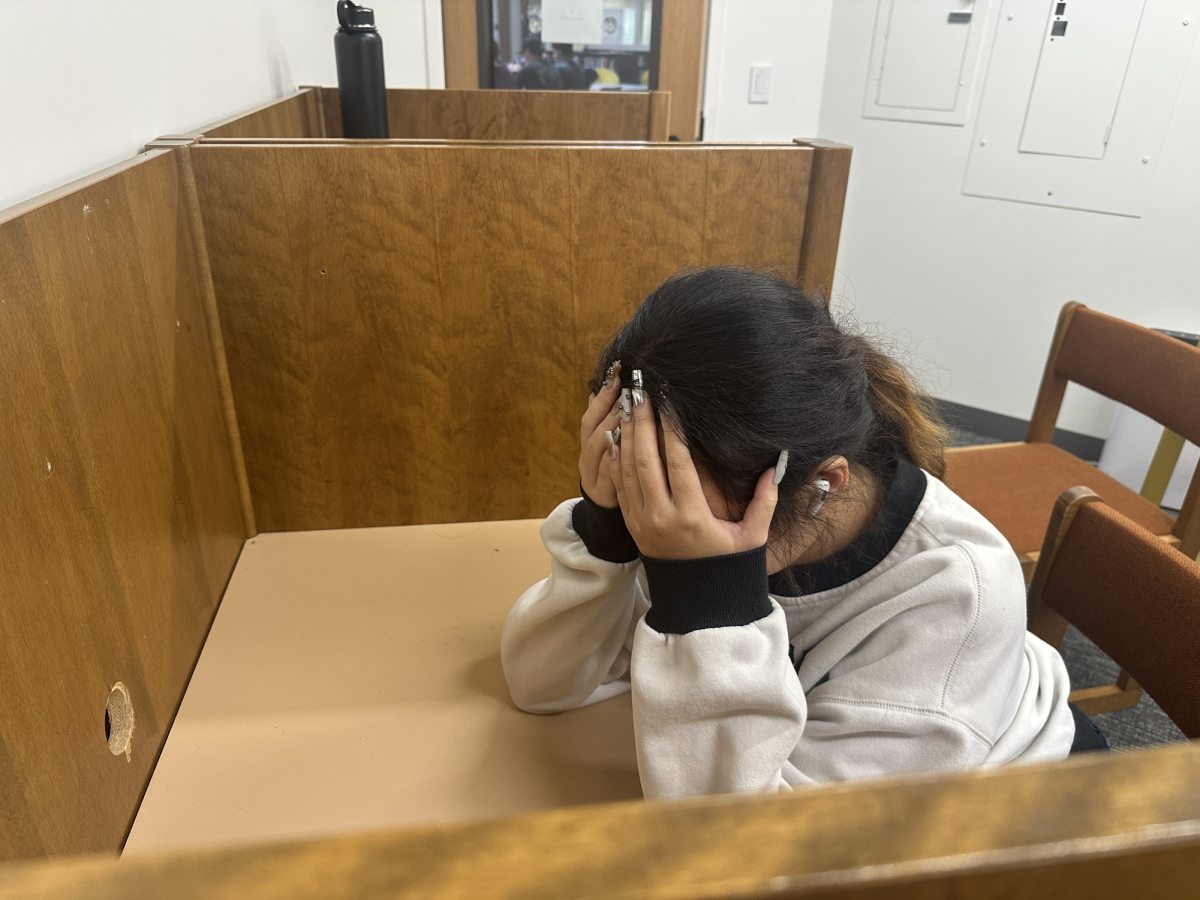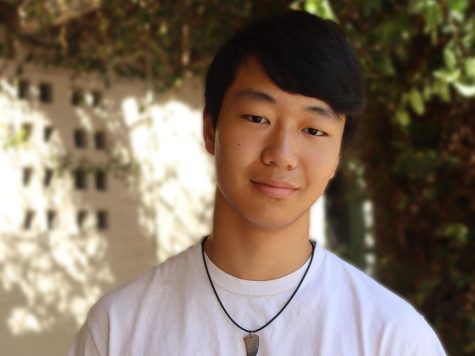Most of us have been there, whether it is because an alarm did not go off in the morning, sleeping through said alarm out of pure exhaustion, or it was snoozed and ignored out of spite and annoyance. The next thing you know, you wake up feeling simultaneously refreshed and in a state of panic, with the numbers on your clock a lot later than they should be. Then, checking your phone, you have an email informing you of a scheduled “7-10,” or if it has happened enough times, a “campusing.” But just what are the rules regarding Webb’s policy of unexcused tardies (UTs) and unexcused absences (UAs)?
Unfortunately, this information is not exactly easy to find. If one examines the Webb 2022-23 student handbook, the unexcused absence section on page 25 merely states that there will be “formal disciplinary consequences,” and that the excessive absences of five UAs in a class in a given semester “is subject to a loss of credit.” These vague statements do little to comfort anyone who has missed class and fail to even mention 7-10s or campusing.
According to Steven Galarsa, Webb’s Attendance Coordinator, the school’s disciplinary policy is as follows:
- Any student who arrives after class starts is subject to a UT.
- Anyone who arrives five to ten minutes or more after class starts is subject to a UA.
- For every three UTs, a student receives a 7-10.
- For every UA, there will also be a 7-10.
- For every three 7-10s a student receives as a result of UTs or UAs, a student will receive a campusing session.
It is important to note that this policy is indiscriminate of academic (classes) or non-academic commitments (chapel, afternoon activities, etc.)
Boarding students who sleep through the first block might find themselves being awakened by Mr. Galarsa knocking on their dormitory door, an opportunity for students who have overslept to attend the remainder of their class. Day students, on the other hand, could have their parents called in an attempt to find out the cause of their absence.
“Webb’s attendance policy is pretty by the book,” Mr. Galarsa said. “Leniency is adjusted based on the conditions of the week, as well as feedback from the teachers. We are training students for things after school like college or work, which will likely be less lenient than Webb is.”
However, this policy seems to have its own faults. Mr. Galarsa himself is considering how to improve the system next year, specifically focusing on how to make 7-10s hold more meaning to the students who receive it, in the sense of how it can help the student while simultaneously discouraging one from receiving more.
“I don’t like the 7-10s,” said Aperi Bush (‘24). “They are overcrowded and give you no time to eat during lunchtime… I think they need a bigger space or classroom like McCarthy.”
Webb’s attendance and disciplinary process are still anything but perfect. After all, the punishment policy has changed a lot in the last four years. Seniors would remember that in their freshman year, the punishments were all labor-orientated. From sweeping the dorms to weekend “campus beautification opportunities,” students would find themselves serving the equivalent of a community service sentence. Last year, 7-10s were simply a timeframe in which a student was essentially grounded in their room from 7 to 10 p.m., hence the name. While the current system has adopted a different timeframe, the name stuck. Thus, it would then be far from surprising to see many adjustments in the coming years.
Regardless of if you are a burnt-out senior or an eager freshman, the truth is that there is a life beyond the walls of Webb. Soon, students won’t have someone like Mr. Galarsa monitoring their commitments and delivering punishments if they were to miss them. Webb is an excellent place for students to work on this skill and their self-discipline and time management, with a system that is ultimately concerned with helping them improve. So, for the benefit of both your short-term and long-term self, set your alarms, check your schedules, and get to those commitments on time.















